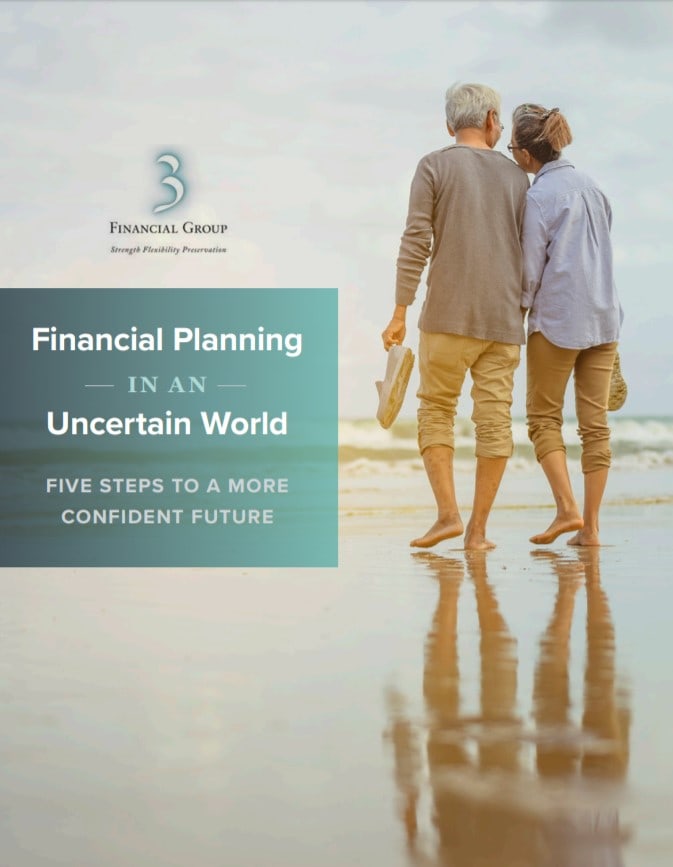Lately, many of my clients have come to our meetings carrying more than their spreadsheets and statements. They’re carrying worry, frustration, and a deep sense of unease about the direction of our country and the world. And while we often begin our conversations with financial planning, it’s clear that the fears run deeper than interest rates or market performance. They’re about safety, justice, identity, and the future for ourselves and those we love.
I understand. I feel it too.
We’re living in an age of 24/7 news cycles, constant notifications, and social media that amplifies every crisis—real or speculative. The volume of information, and the speed at which it arrives, can be overwhelming. It’s easy to swing between two extremes: Chicken Little, convinced the sky is falling, or the ostrich, burying our heads in the sand. But I believe there’s a third path: staying informed without becoming immobilized. Grounded, not detached. Engaged, but not engulfed.
Here’s how I try to navigate this balance—and how I encourage my clients to do the same.
1. Notice What You’re Consuming
Take stock of the information sources in your life. Are they credible? Are they inflaming your anxiety without offering clarity or direction? It’s okay—healthy, even—to set boundaries around media consumption. You’re not uninformed if you don’t check the news every hour. You’re protecting your peace.
Try setting a specific time each day to check in with the news, and stick to a few trusted sources. Avoid doom-scrolling late at night. Your nervous system will thank you.
2. Ask: Is This Actionable?
This is the question I come back to again and again:
“Is there something I can personally do to take action on this piece of information?”
If yes—do it. Make a donation. Call a representative. Talk to your community. Take a small, meaningful step. Action builds agency.
If no—pause. Take a breath. Consider whether this information is just adding to your emotional load without offering a path forward. You don’t have to carry it all.
3. Return to What You Can Control
We can’t control the headlines. But we can control our financial plans, our values, and the way we care for ourselves and each other. In times of uncertainty, returning to the basics—cash flow, savings, estate plans, long-term goals—can be deeply grounding.
Your plan is built to weather storms. It’s designed with flexibility and resilience in mind, just like you.
4. Connect with People Who Help You Feel Empowered
Isolation fuels fear. Conversations—real, supportive ones—can offer perspective and calm. Whether it’s a trusted advisor, a circle of friends, or a therapist, surround yourself with people who hold space for your feelings and remind you of your strength.
5. Protect Your Energy
It’s not selfish to protect your peace—it’s essential. This might mean stepping back from social media, limiting debates that go nowhere, or simply taking time to breathe, rest, and enjoy what you love. Joy is not ignorance. Joy is resistance.
A Final Thought
We are living in a complex moment. And yes, it’s okay to feel disoriented or even afraid. But don’t forget: you have tools. You have community. You have a plan.
As your financial planner, I am here not only to help you manage your money, but to support your overall sense of confidence and security. We can’t control everything, but we can control how we respond. And I believe that resilience isn’t about ignoring what’s hard—it’s about showing up with clarity, compassion, and courage.
You’re not alone. Contact me here, I’m with you.


